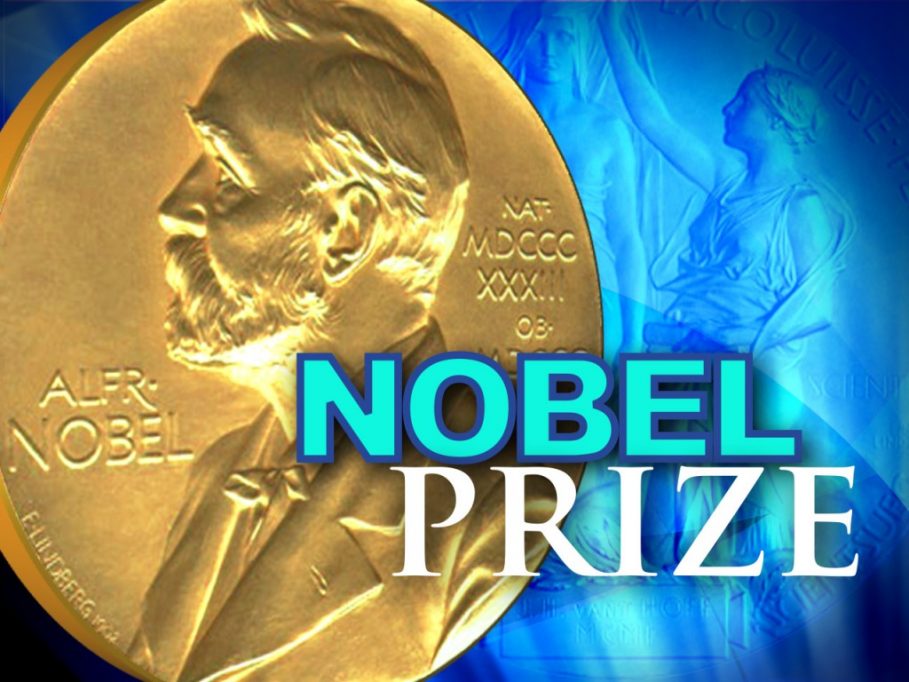A notification released by The Central Board of Secondary Education (CBSE), total of 1,065,179 candidates were registered for the 2016 board examinations. The pass percentage of 2016 is reported to be 83.05 percent as compared to 82 percent last year. Every year, students break the old record of marks only to set a new record for the upcoming batch. Every year we celebrate our achievement, but in this rush for marks, is the youth really benefitting?
Let’s begin this debate with a simple question.
Do you know the number of Nobel prize winners from India so far? Well, just eleven Indians have won the Nobel Prize (including the Prize for Economics).
Kailash Satyarthi, Peace, 2014
Venkatraman Ramakrishnan, Chemistry,2009
Amartya Sen, Economic Sciences, 1998
14th Dalai Lama, born in Tibet, China, Peace, 1989
Subrahmanyan Chandrasekhar, Physics, 1983
Mother Teresa, born in then Ottoman Empire, now Macedonia, Peace, 1979
C. V. Raman, Physics, 1930
Rabindranath Tagore, Literature, 1913
Rudyard Kipling, Literature, 1907
Ronald Ross, Physiology or Medicine, 1902
Har Gobind Khorana, Physiology or Medicine, 1968
Out of these eleven, only five are related to science. Remaining are in other fields. If we compare the result with others countries such as Germany (111), France (67), Russia (17), UK (118), USA (356) and Netherland (19), we realise that we lag far behind.

Could there be a reason why we far behind from the other countries in terms of education, science and technology and innovation, despite our population and schools and colleges all over the country?
Today India has established so many IITs, IIMs, Law school and other institutions of excellence, but the biggest question that is in front of us is whether our education system is on the right track or not?
The biggest limitation of India’s education system is that the crammers are rewarded by the system. Students study only to score marks in exams. Rote learning crushes creativity and originality of millions of Indian students every year. It is very important to understand that rote learning the chapter is not an efficient learning process.
India needs to redefine the purpose of education. The purpose of our education system is to create entrepreneurs, innovators, artists, scientist, writers, players who contribute to the development of the country and its economy. The purpose of our education system is to reward creativity. originality and encourage new idea and innovation. Our most brilliant teachers design NCERT books in which they incorporate all their knowledge and provide the best information that they have. The education board gives value to the ncert books solution of different classes.
Mahatma Gandhi " Father of the Nation" believed that education is closely associated with the socio-economic development of society.
The education system should focus on skill-based education. It is a well-known saying – ‘Give a hungry man a fish and you feed him one day, teach him how to catch fish and you feed him for a life’. Thus, teach a student a skill to educate him for a lifetime. Our Prime Minister – Narendra Modi had started a step toward peer to peer learning. He launched a scheme ‘Skill India’ on 15.07.2015 on the occasion of World Youth Skills Day. The Mission has been developed to create convergence across sectors and States in terms of skill training activities. Giving a hand to new innovation and ideas can change the face of the India in front of the whole world.
This link is good for the study………….Thanks, it is very useful link
This link is good for the study
thanks a lot for this link.. It really helps me to complete my school homework…
thanks a lot for this link.. It really helps me to complete my school homework…
Very Good……………….
Very Nice for CBSE students…